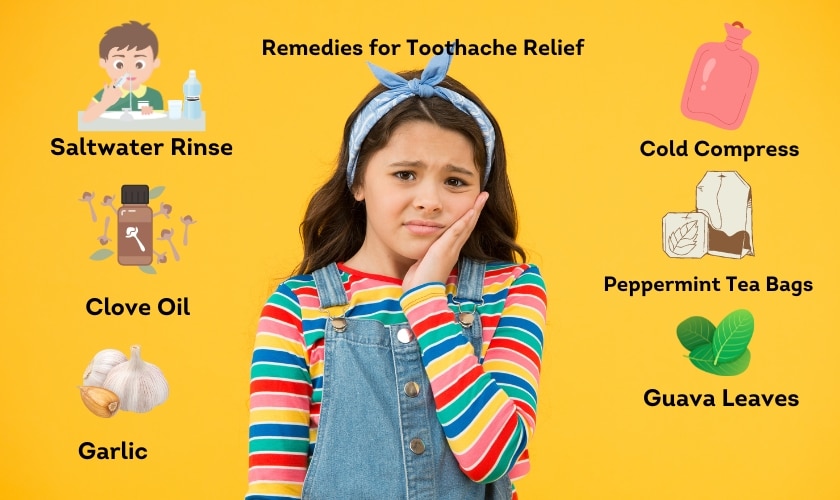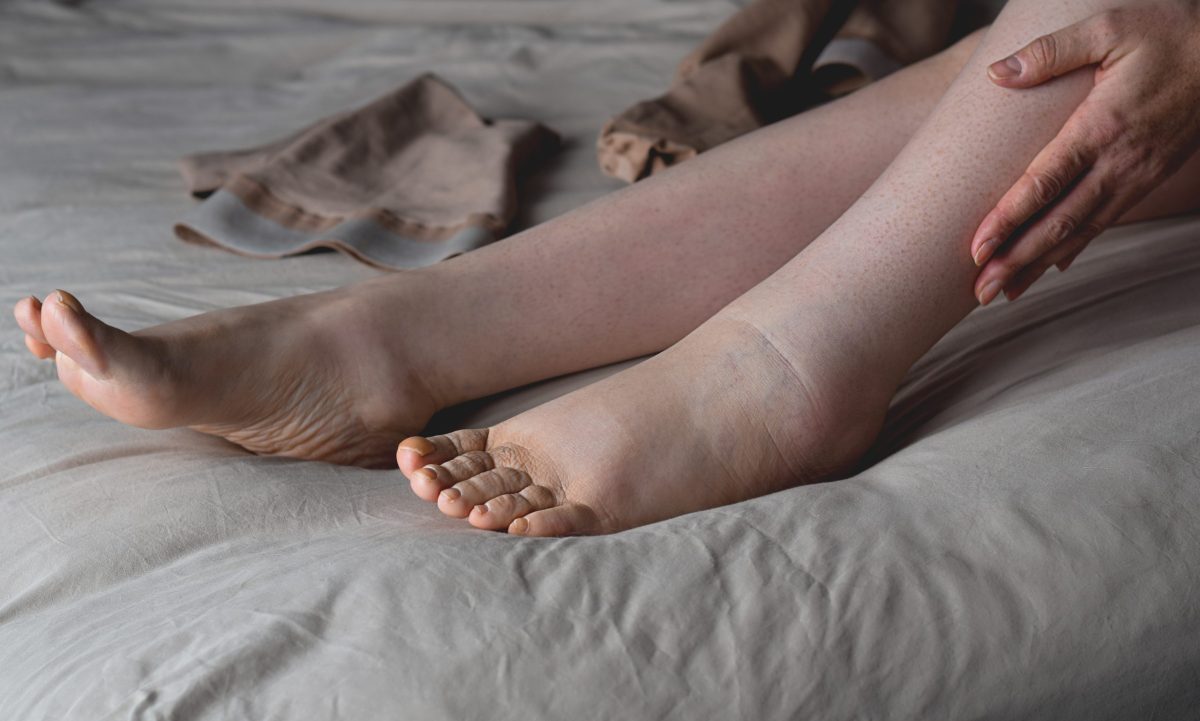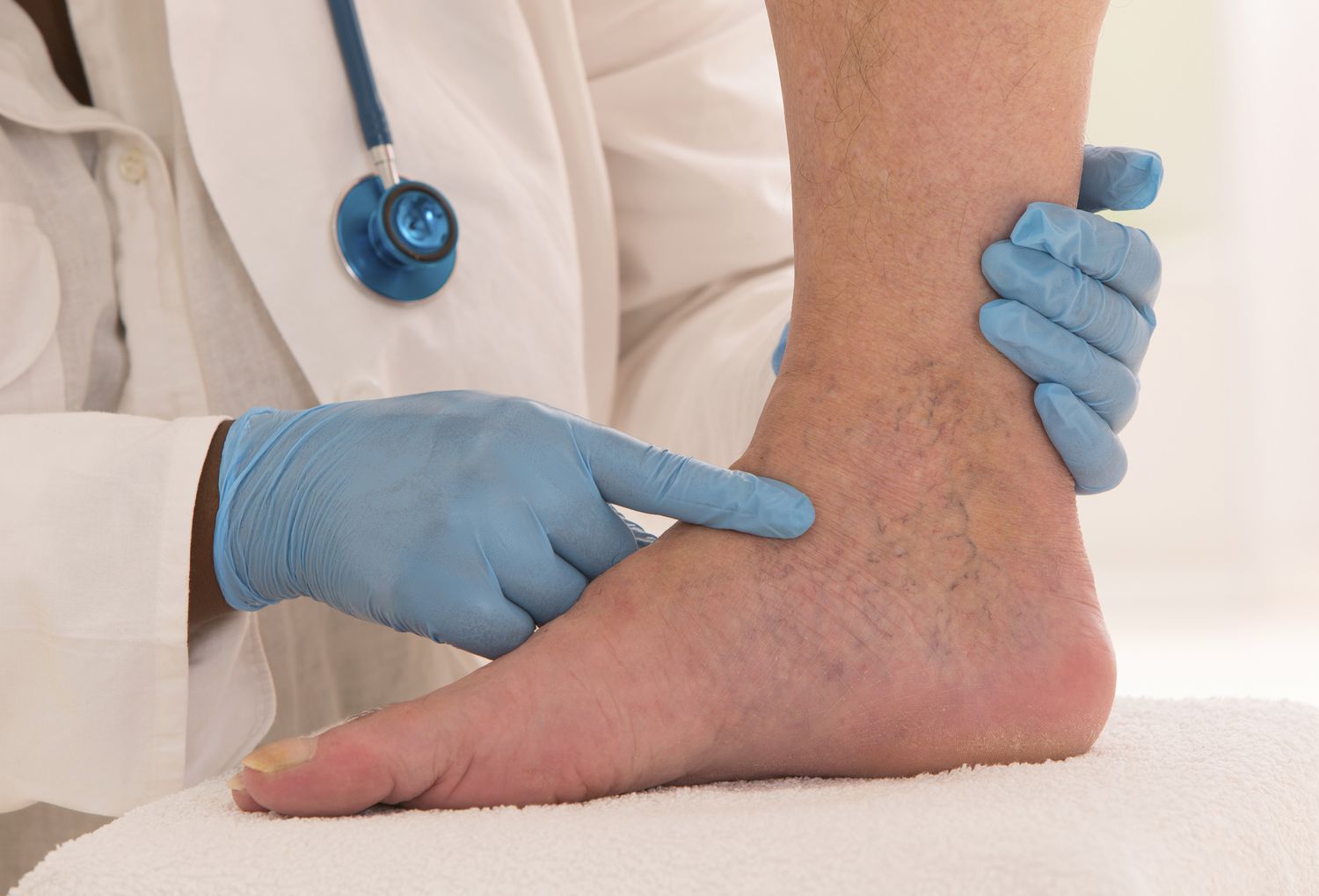Are you suffering from extreme toothache and haven’t slept for the past few nights? Do you want o treat toothache at home? Don’t worry; we have some solutions for relief. When you have a toothache, finding relief quickly is often the main priority, especially if it outbreaks at night. Whereas visiting your dentist is crucial for tooth pain that lasts more than a couple of days, there are numerous ways to ease the pain at home to help you sleep and feel more comfortable.
At-Home Tips for Toothache Relief
Managing toothache pain at home is an easy way to relieve discomfort so you can sleep peacefully. Here are a few ways to help ease your tooth pain:
Keep Your Head Elevated: If you support your head up on additional pillows, it can stop blood from pooling in your head, which can or else elevate the pain and make it difficult to fall asleep.
Use Pain Killers: Over-the-counter painkillers can provide you temporary relief from tooth pain. These pain relievers include;
- Acetaminophen (Tylenol)
- Aspirin
- Ibuprofen (Advil, Motrin)
You can also use a numbing gel that contains benzocaine to dull the pain for a while.
Note: Avoid products with benzocaine for newborns or kids under two years old.
Rinse with Mouthwash: Using mouthwash combined with alcohol can assist in disinfecting the tooth area and, in the short term, numbing the pain. Gently rinse with the mouthwash to prevent further discomfort.
Avoid Certain Foods Before Bed: Avoid cold, hard, or acidic foods in the evening, as these foods can aggravate sensitive teeth or any areas of decay. Try to eat foods that won’t trigger discomfort or add to the pain, such as;
- Mashed potatoes
- Yogurt
- Applesauce
- Smoothies
Apply an Ice Pack: Before bed, cover an ice pack in a cloth and lightly place it on the side of your face where you feel pain. The cold can help lessen swelling and numb your pain enough for you to rest.
Natural Remedies for Toothaches
You can find relief from toothache pain through natural remedies that have been traditionally used for oral care. So here are these remedies we are providing you; keep reading and stay connected with us to ease your life without tooth pain:
Garlic: Crush one piece of garlic and place it on your affected tooth. Garlic releases a chemical named allicin, which has antibacterial effects and may help relieve irritation.
Clove Oil: Place a crushed clove on the affected tooth and leave it for a while. Clove contains a chemical named eugenol, a natural anesthetic that may help ease pain.
Guava Leaves: Placing crushed guava leaves can relieve your pain, as they have anti-inflammatory properties and can be chewed for comfort.
Note: However, natural remedies can be helpful to ease toothache, but it is crucial to consult your dentist before using them, especially if you have sensitivities or allergies.
Common Causes of Toothaches
You may have toothaches, which can result from a variety of health problems or dental problems, such as:
Injury: Trauma to the mouth or jaw may lead to ache or tooth sensitivity.
Tooth Decay: A bacterial infection can break down your enamel and expose the tooth’s nerve, causing pain.
Abscessed Tooth: An infected tooth can create a pus pocket, which is often very hurtful.
Sinus Infection: Occasionally, sinus congestion puts pressure on your upper teeth, eventually causing irritation.
Losing a Filling: If your filling falls out, the exposed area may cause pain and sensitivity.
Teething or Wisdom Tooth Eruption: Toothache can occur if your new teeth grow, which can push against other teeth.
When to Seek Dental Care
If you experience rigorous tooth pain, or if your toothache lasts for more than two days, it’s crucial to visit your dentist. Here are some additional signs that will suggest it’s time to make a dental appointment, such as:
- Toothache due to headaches or fever
- Pain that is intense or burning
- Pain that makes it difficult to open your mouth, swallow, or chew
- Signs of difficulty breathing or swelling
Conclusion
The best approach to managing a toothache is a combination of at-home pain relief techniques and well-timed dental care. However, mild discomfort may improve with simple remedies; severe or prolonged discomfort generally needs a visit to your dentist. If the cause is infection, lost filling, or tooth decay, the dentist can provide you with a treatment that will address the problem and reinstate comfort in your mouth.
FAQs
How can I quickly ease a toothache?
Taking over-the-counter pain medicines, rinsing with mouthwash and salt water, and applying a numbing gel can speedily ease your tooth pain.
Why does my toothache seem worse at night?
Pain can worsen at night as blood flows to your head when you lie down, which can increase pressure and intensify the ache. Additionally, being less distracted makes you more aware of the pain.
What is the best way to get toothache relief at night?
Before bed, take a painkiller, use an extra pillow to keep your head elevated, and rinse with mouthwash.








